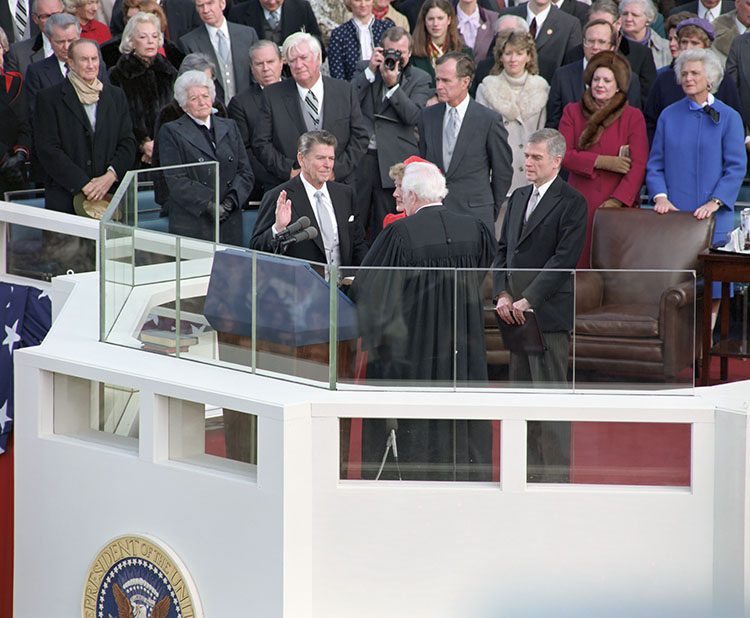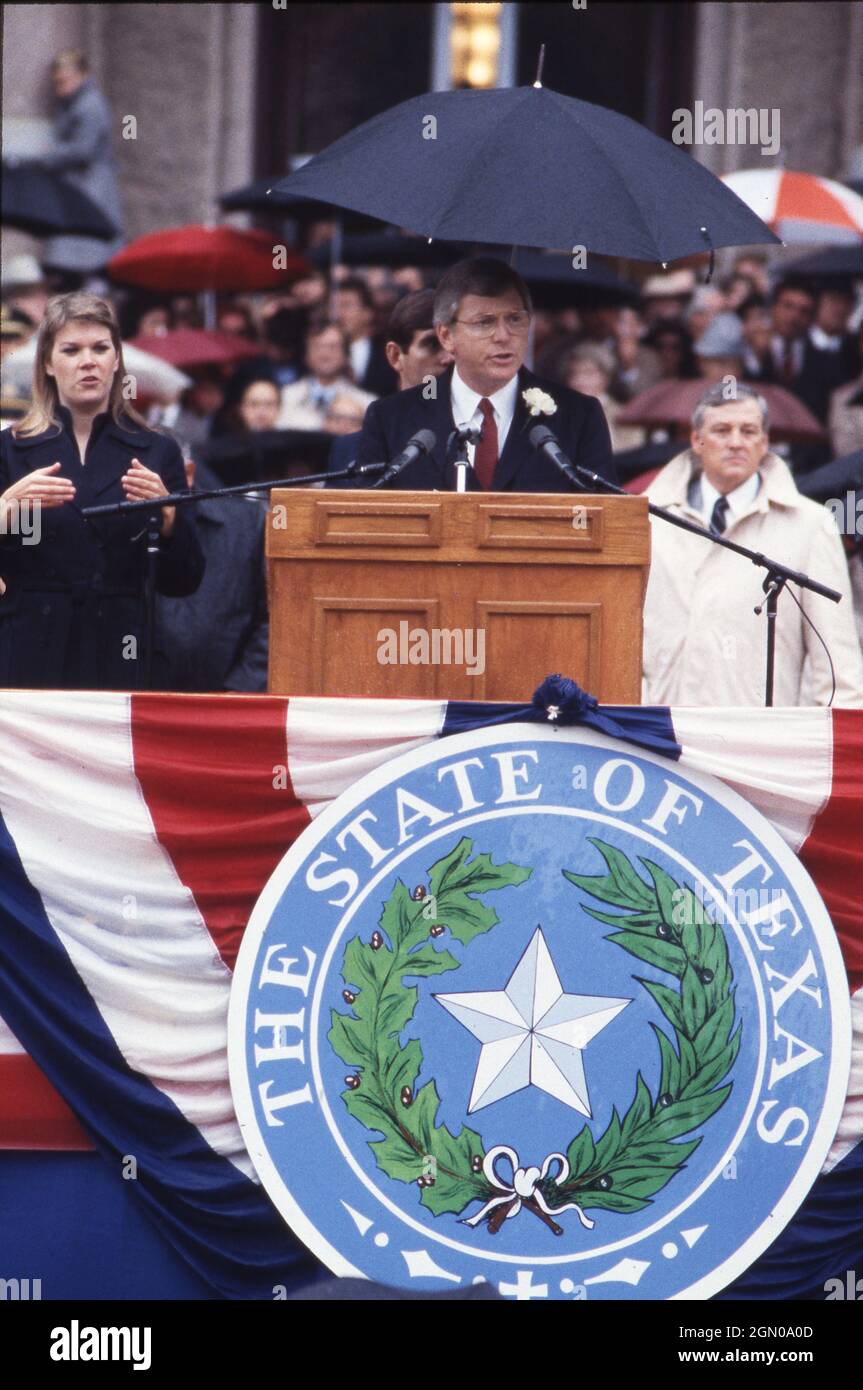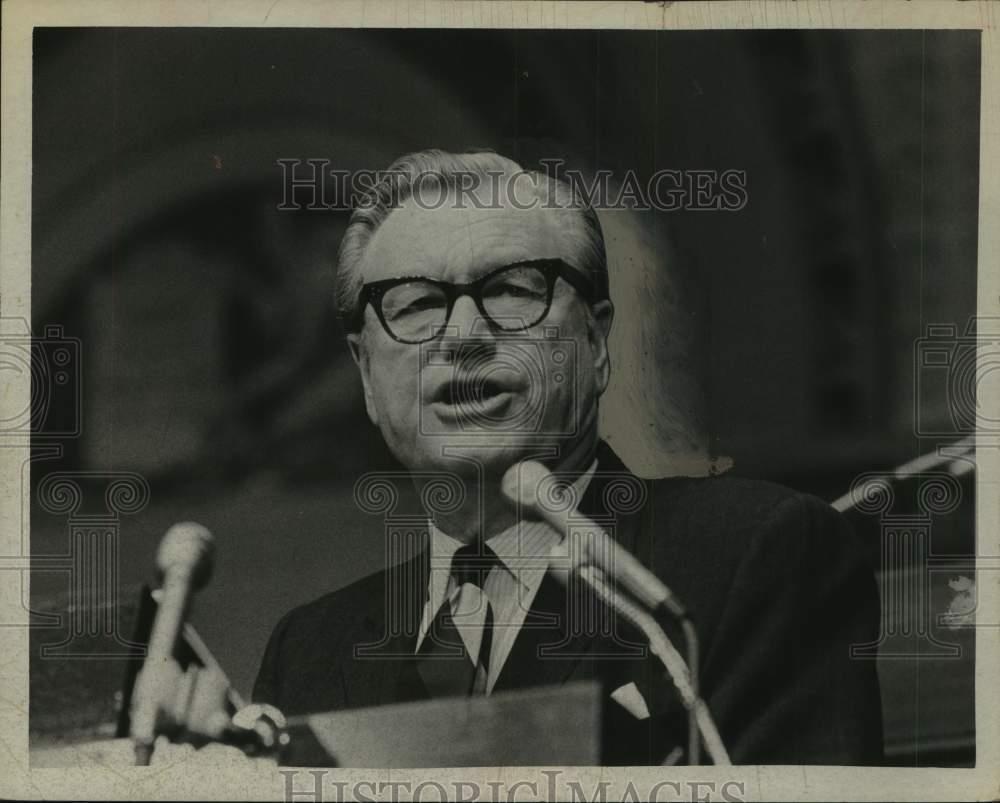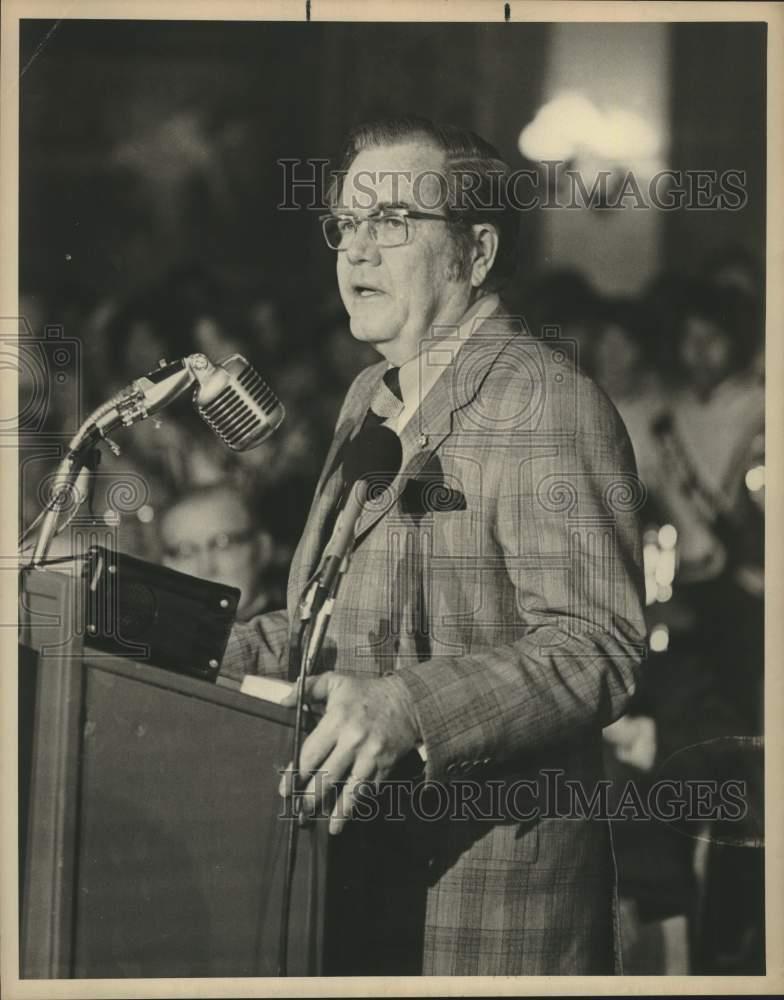Chapter 5: National and International Headlines (Fall 1977: Part I)
Sergeant Foley
Well-known member
*September 7, 1977: In the first judicial recall election in Wisconsin history, Dane County Judge Archie E. Simmonson was voted out of office by outraged citizens who refused to accept his contention that rape is a "moral" male reaction to provocative female dress and modern sexual tension premise attitude toward sex. Simmonson's comments were meant to explain why he had sentenced a 15-year-old boy to jail for one year of probation in the custody of his parents for the rape of a modestly-dressed 16-year-old girl.
*September 8, 1977: US President Nelson Rockefeller and Canadian Prime Minister Pierre Elliott Trudeau announced an agreement on the construction of a pipeline to carry Alaskan natural gas across Canada to the lower 48 states.
*September 20, 1977: At the opening of the 32nd annual session of the UN General Assembly, Vietnam and Djibouti were admitted to membership.
*October 14, 1977: Federal grand jury indicted former US Rep. Richard T. Hanna (D-CA) on 40 felony charges which included conspiracy to manipulating the policies of the US government and Congress in favor of the Republic of Korea and attempts to securing bribes for his illegal activities. This was in relation to the explosive Koreangate influence buying scandal.
*October 18, 1977: During the six-day Silver Jubilee visit to Canada, Queen Elizabeth II opened a new session of Parliament with a speech from the throne where she spoke alternatively in English and French, the Queen referred to the current crisis of unity in the country and acknowledged that at present French Canadians were not provided with "the opportunity to fulfill their reasonable appropriations."
*October 29, 1977: Pope Paul VI concluded the four-week-long fifth synod of Roman Catholic bishops with an appeal to government leaders to protect and promoting the human rights of individuals and grant them true freedom of religion. The snyod, which discussed ways to make religious intersections of adults and children more effective, concluded with Asian and especially African prelates that religious instruction should be adapted to specific cultures.
*September 8, 1977: US President Nelson Rockefeller and Canadian Prime Minister Pierre Elliott Trudeau announced an agreement on the construction of a pipeline to carry Alaskan natural gas across Canada to the lower 48 states.
*September 20, 1977: At the opening of the 32nd annual session of the UN General Assembly, Vietnam and Djibouti were admitted to membership.
*October 14, 1977: Federal grand jury indicted former US Rep. Richard T. Hanna (D-CA) on 40 felony charges which included conspiracy to manipulating the policies of the US government and Congress in favor of the Republic of Korea and attempts to securing bribes for his illegal activities. This was in relation to the explosive Koreangate influence buying scandal.
*October 18, 1977: During the six-day Silver Jubilee visit to Canada, Queen Elizabeth II opened a new session of Parliament with a speech from the throne where she spoke alternatively in English and French, the Queen referred to the current crisis of unity in the country and acknowledged that at present French Canadians were not provided with "the opportunity to fulfill their reasonable appropriations."
*October 29, 1977: Pope Paul VI concluded the four-week-long fifth synod of Roman Catholic bishops with an appeal to government leaders to protect and promoting the human rights of individuals and grant them true freedom of religion. The snyod, which discussed ways to make religious intersections of adults and children more effective, concluded with Asian and especially African prelates that religious instruction should be adapted to specific cultures.











